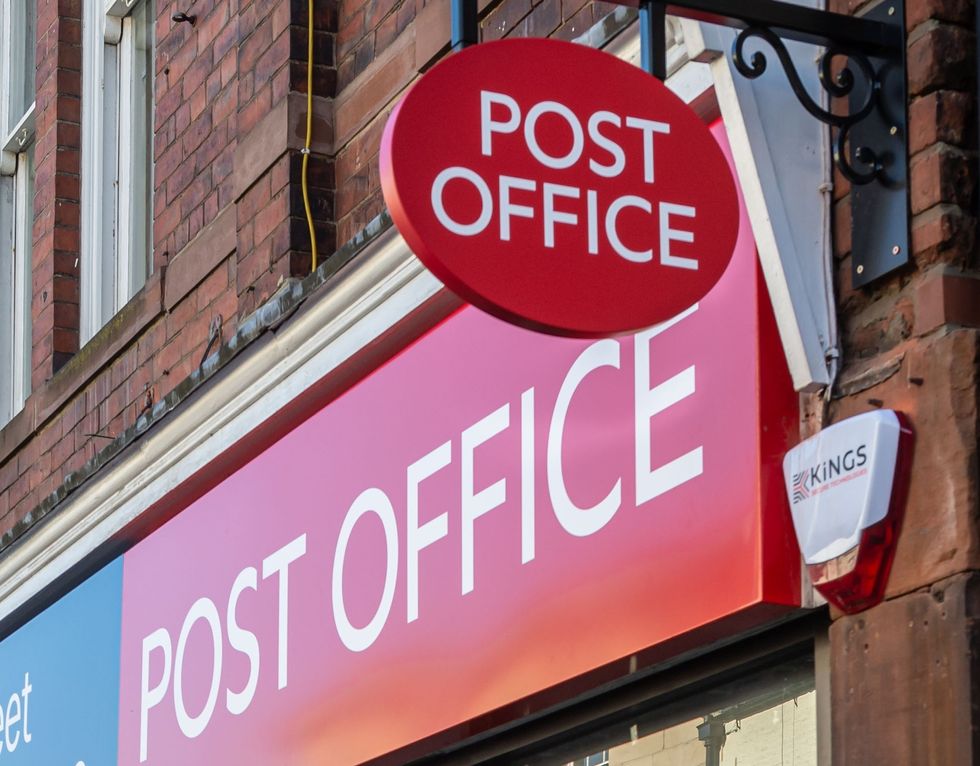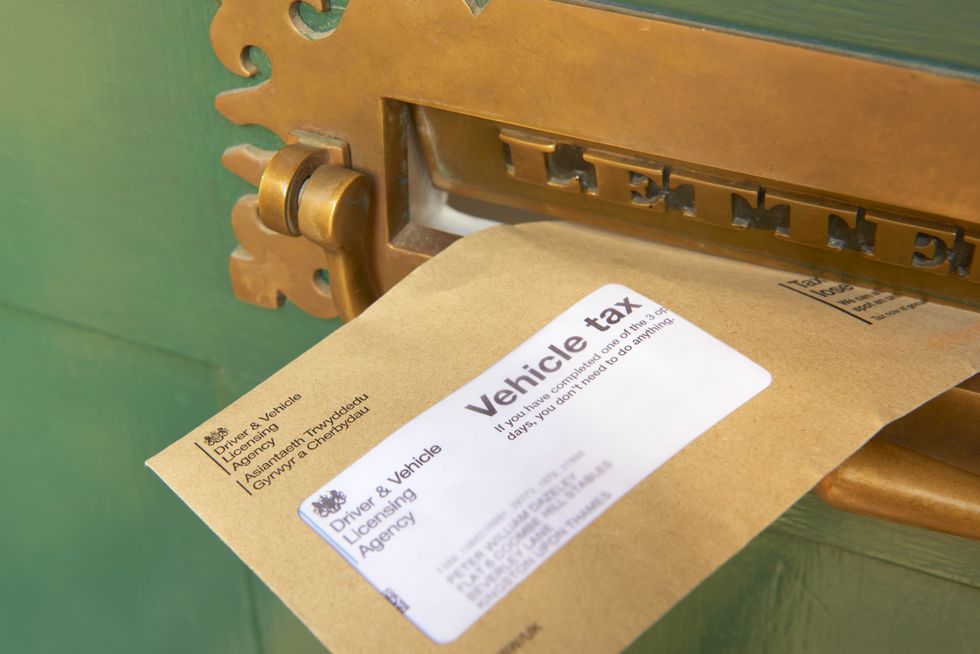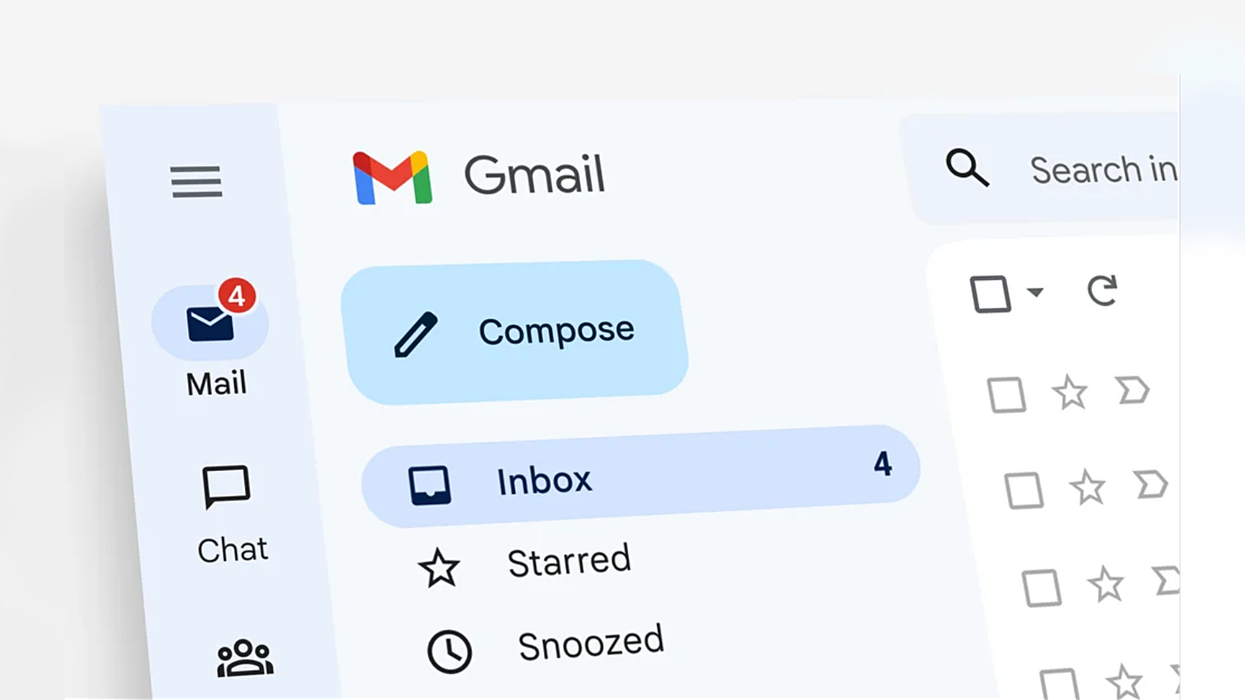Drivers have until March 2025 to use Post Office car tax service
DVLA/PA
The move to online would impact elderly drivers the most
Don't Miss
Most Read
Latest
Drivers have been warned they have until March 2025 to tax their vehicles at Post Office branches before being forced to switch to online services, following an agreement between the Post Office and DVLA.
The deal, which came into effect earlier this year on April 1 allows Post Office branches to continue providing vehicle tax services for one year.
Post Office Deputy CEO Owen Woodley announced the contract signing following "intensive negotiations" with DVLA.
But he did note that while the initial agreement runs until March 31, 2025, it is possible this could be extended until March 2027 although this has not been confirmed.
Do you have a story you'd like to share? Get in touch by emailingmotoring@gbnews.uk

Post Office boss hopes the deadline would be extended to 2027
POST OFFICEThe announcement provides temporary relief for millions of motorists who prefer to handle their vehicle tax affairs in person rather than using digital services.
The agreement ensures Post Office branches can continue offering both vehicle tax and ten-year licence renewal services.
Woodley confirmed that negotiations focused on securing fair remuneration for Postmasters and covering the costs of providing these services. "Our aim throughout has been to ensure that Postmasters receive fair remuneration for DVLA transactions and that Post Offices' associated costs for providing the services are covered," he said at the time.
The Post Office has committed to informing Postmasters each October whether extension periods are agreed, providing at least six months' notice of any changes.
The vital role of Post Office branches in providing in-person DVLA services was highlighted as a key element during negotiations and is particularly apparent for elderly drivers who may not be as comfortable using online methods.
To tax a vehicle at the Post Office, motorists need to present specific documentation including their vehicle logbook (V5C), V11 tax reminder or green new keeper slip. A valid MOT certificate is also required, dated from when the car tax starts.
Those claiming vehicle tax exemption due to disability must bring their exemption certificate. Northern Ireland residents must additionally provide a valid paper copy of their current insurance or cover note.
Payment can be made via direct debit, cheque, card, cash or postal order at participating Post Office branches.
Not all Post Office locations handle vehicle tax services, so drivers are advised to check their local branch's capabilities before visiting.
The service costs £21.50, including DVLA fees, for those renewing their driving licence at Post Office branches. Drivers can alternatively tax their vehicles online through the DVLA website using the same documentation required for Post Office visits.
The online process requires a 16-digit reference number from either the logbook, V11 reminder or new keeper slip. Users can choose to pay for either six or twelve months of tax via direct debit or card payment.
A recent DVLA service update now allows motorists to apply for a new V5C logbook and tax their vehicle simultaneously online. Previously, drivers had to wait five days for a replacement V5C to arrive before being able to tax their vehicle.
LATEST DEVELOPMENTS:
 Car tax changes will come into effect in April next yearGETTY
Car tax changes will come into effect in April next yearGETTYElectric vehicle owners must still register their cars for tax online, even though they currently pay £0 until March 31, 2025. The process can be completed by entering the vehicle's reference number on Gov.uk and following the standard application steps.
The switch to online-only vehicle tax services could significantly impact elderly drivers who may not have reliable internet access. This is particularly relevant for drivers over 70, who must renew their licence every three years rather than every decade.













